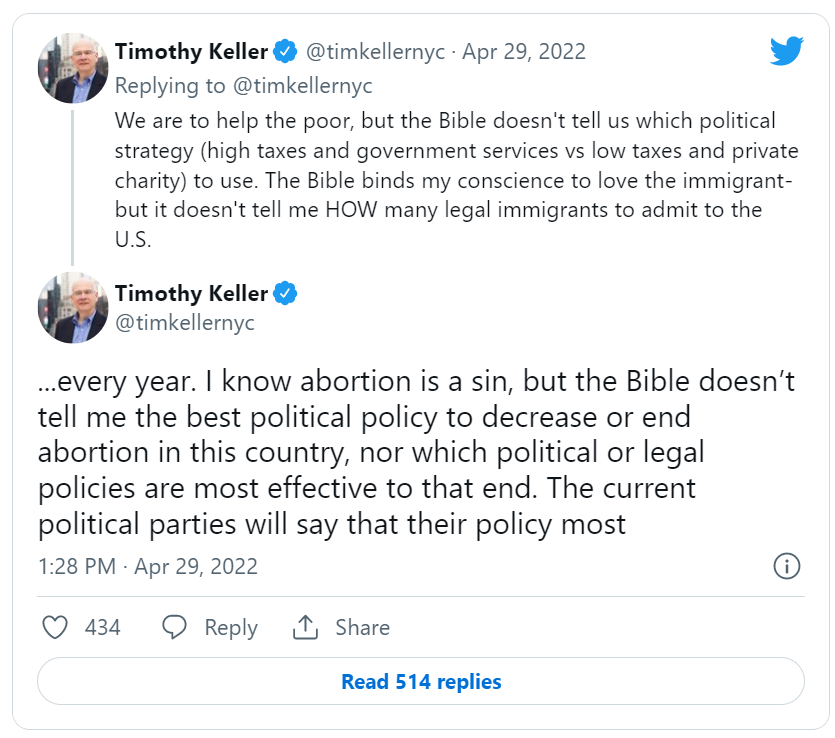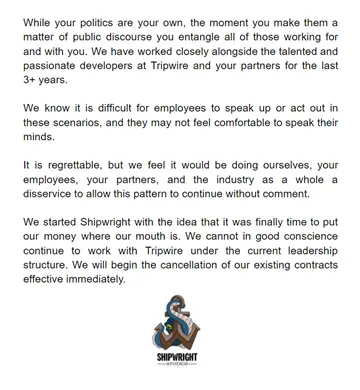We each go through unique difficulties whenever we leave the New Age.
Whenever I left the New Age, it was incredibly lonely. I felt like nobody understood what I had just gone through. At the time, it felt like no Christian around me understood what the New Age really was, and to be honest, I was somewhat embarrassed that I had fallen into such beliefs, even after going to church for so many years. I didn’t even understand what I believed was New Age. I had to sift through the theological mud. I also did a Pendulum swing where I just wanted to point out what was wrong with everybody’s beliefs, and I went through a brief phase where basically everything was “New Age,” and there was a demon under every rock. I had trouble trusting again and wasn’t sure how to get my footing. But I did. Scripture says that he gives wisdom to those who ask, and he rewards those who earnestly seek him. I want to share five helpful tips for those who have just left the New Age.
# 1.) Read Your Bible.
This sounds simple. But I think of the character of Christian in The Pilgrim’s Progress. He poured over the pages, and this fed his thirsty soul. Just the simple act of reading through the Gospels has been life-changing for so many people coming out of the New Age. This alone has undone so much theological damage done by the false beliefs of the New Age. Many people sometimes have trouble understanding the Bible at first. The simplest thing I’m going to tell you about that? Read it anyway. This is not just any book, but a spiritual book guided by the Holy Spirit, by God Himself to give to humanity. It’s applicable to all history. It’s perfectly normal not to understand everything in the Bible completely, but this is by far the greatest resource you have available to you when it comes to knowing who God is and basic Christian teachings.
# 2.) Pray and Spend Time with God.
This is arguably just as important as reading your Bible. Again, this sounds simple, but scripture is very clear that whenever we seek out God and draw close to Him, he draws close to us. He reveals Himself through his Word and prayer. These two things together are very powerful when it comes to giving you direction. When you pray, be very intentional about this. Purposely make time to spend throughout your day talking to God. Go in the closet if you need to and close the door and just spend time with, pray to, and worship Him. Also, keep in mind that just because you don’t feel God doesn’t mean he doesn’t hear you or isn’t there listening to you. The New Age is an extremely feelings-oriented belief system, and in many ways, our truth came surrounded by what we felt and where our emotions led. It can be a paradigm shift going into knowing God, but maybe not feeling Him all the time. What is also important for people to realize is that God is personal and is the source of wisdom and truth. For many people coming out of the New Age, knowing there is one place to go for truth and wisdom is very important because the New Age has many sources of truth. There’s a reason why Jesus says that He’s the Way, the Truth, and the Life.
# 3.) Find a Theologically Sound Church.
This is arguably the biggest challenge for some people. It’s a tall order for someone who doesn’t know what that looks like or might have had a negative church experience. Here are some tips. First, and this might be the most obvious, but is this church in line with what the Bible teaches? Is this church teaching sound doctrine? Is this church teaching what Christianity has taught and believed for the last 2000 years? You need to make sure that they’re solid on who Jesus is, the attributes of God, which is just a fancy way of understanding God’s complete character as revealed in Scripture, a Biblical understanding of the Trinity, heaven, and hell, the reliability of the Bible, and salvation, which again are all found very clearly within scripture. There’s a reason why number 1 is so crucial. The more that you read your Bible, the more you’ll be able to spot when things are off from the pulpit of any church. If the Pastor is just spouting off out-of-context life application principles from scripture like a walking talking self-help book with fancy gelled hair, a nice- and probably very expensive- polo shirt, and skinny jeans? Then that’s a big fat red flag, my friend. This is huge, but look out for if they downplay scripture reading and study and put experience and feelings first. Is inviting people to church and making it look attractive the focal point, or is discipleship and teaching sound theology? Do they resemble a lot of the New Age beliefs you just rejected? Are the Bible and Jesus alone sufficient? Is Scripture just used as an accessory for them, or is it the actual foundation for their faith? Is it the green beans your Mom has to put on the plate, or is it the real meat and potatoes? And yes— you do need to be around other believers. In my opinion, saying you’re a “lone sheep” and don’t think you need to meet regularly with other believers isn’t wise or spiritually mature. It can create unhealthy echo chambers.
# 4.) Beware of the ‘Pendulum Problem.’
Be careful about not becoming so extreme in your beliefs when coming out of the New Age. I have observed a constant correlation that there’s almost a sense of paranoia of deception, and it’s hard to shake. Sometimes “paranoia” can be confused with “discernment.” People don’t want to be deceived again, so they come out arms swinging-guns blazing-hersey-hunters at everything and everyone that resembles the New Age. I think it’s essential for us to remember the grace that we were given when we were new believers and remember what it was like to be in the New Age. Some people have shared with me that they experience a sort of grief when they come out of the New Age because it feels like they’ve been duped. When your life changes drastically, we sometimes need to mourn what we’ve gone through, even if it was bad for us. I know I did. But it wasn’t because I missed what I believed in. It was mostly because I felt like I was so so confident in what I had believed, and it was a total shock to my pride. So in this mind frame, people can go through many changes. It would be wise to be aware of this and not over-condemn everything. Picking and choosing our battles can be a good start. It takes study of scripture, discipleship, maturity, prayer, time, and wisdom to do this.
# 5.) Remove Unhealthy Temptations.
Riding on the coattails of number four, I’m not saying to go to the extreme and get rid of everything in your house that reminds you of the New Age or your beliefs, but it is very wise to get rid of books or items that you might have owned that might be a source of temptation for you or could cause you or others to stumble. This would include throwing out all New Age clothing, books, idols, tools of the occult, and things like that. Also, sometimes this can mean distancing yourself from people that might be toxic. It can be hard to be around people heavily involved in the very lifestyle you’re trying to leave. I had a friend describe this along the lines of someone who perhaps has an addiction or experienced abuse that to overcome it, they had to rid their lives of all influence of that temptation or environment. In a way, the same is true for those fresh out of the New Age. There’s a reason why we see this same thing in Scripture. Throughout the Old Testament, God told the Israelites to pull down and destroy idols. There were many reasons for this, but He compared it to Spiritual adultery. For some people who leave the New age, it’s sometimes surprising that they want to keep a foot in the New Age and a foot in Christianity. We even see this in some churches! For those who might want to hold on to some New Age beliefs and mix it with their Christian beliefs, let me ask you this: if you were married to someone, would you find it okay if they were to wear a wedding ring from another person along with the wedding ring from you? This would be an offense to you, just like it would be an offense to God. We can’t mix New Age with Christianity or claim that the New Age can somehow be redeemed for the church. You can’t serve two masters.
Recommended resources related to the topic:
Jesus, You and the Essentials of Christianity – Episode 14 Video DOWNLOAD by Frank Turek (DVD)
How Philosophy Can Help Your Theology by Richard Howe (MP3 Set), (mp4 Download Set), and (DVD Set)
_____________________________________________________________________________________________________________________________________________________
Melissa Dougherty is a Christian Apologist best known for her YouTube channel as an ex-new ager. She has two associate’s degrees, one in Early Childhood Multicultural Education, and the other in Liberal Arts. She is currently pursuing her bachelor’s degree in Religious Studies at Southern Evangelical Seminary.
















